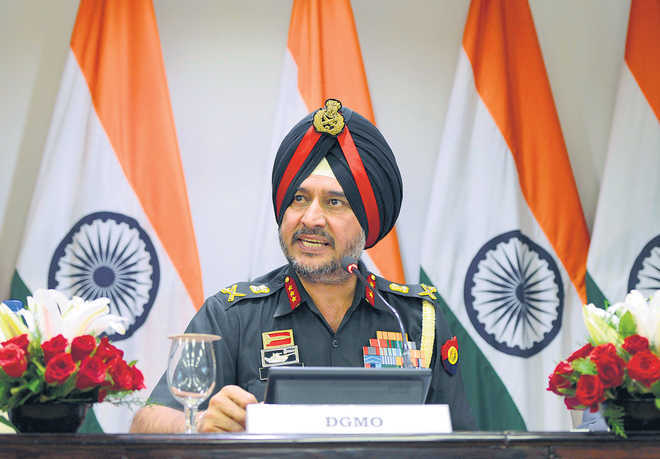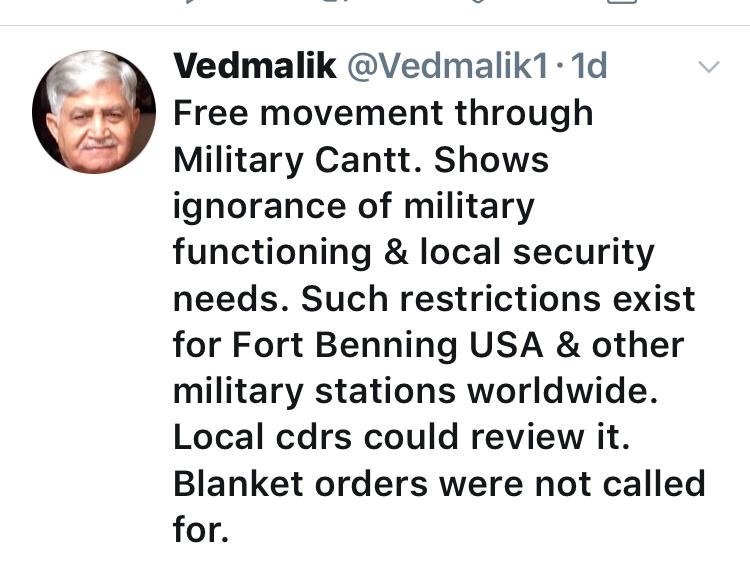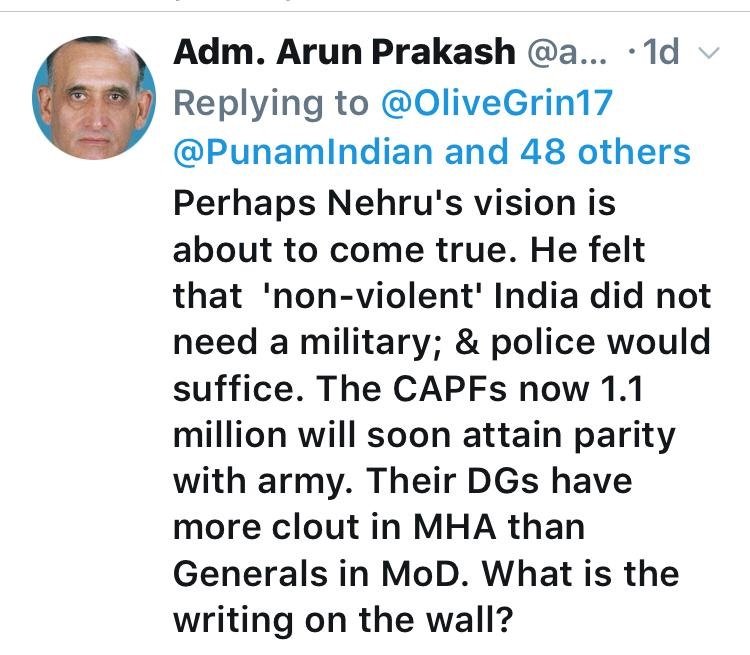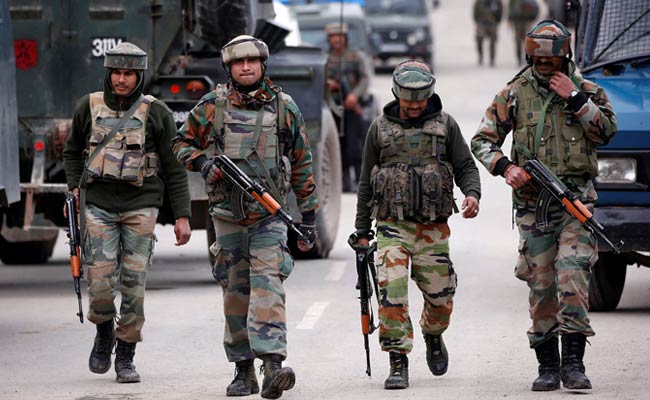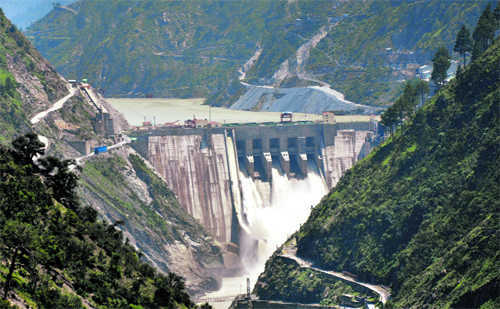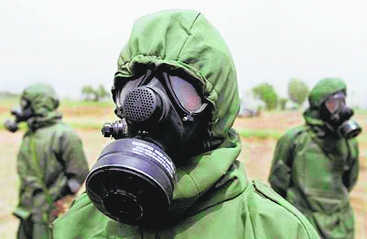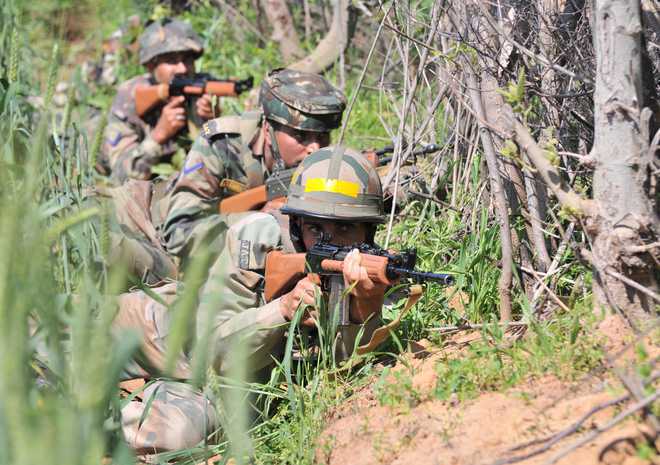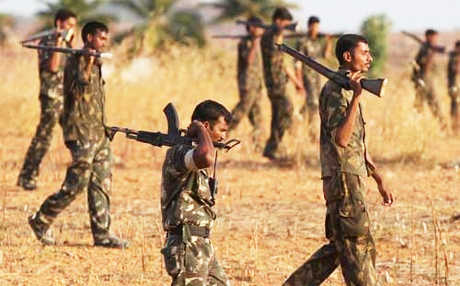SINGAPORE: When US President Donald Trump and North Korean leader Kim Jong Un meet for their historic summit in Singapore later this month, they will be protected by men from one of the fiercest warrior tribes in the world – the Gurkhas of Nepal.

While both leaders will bring their own personal security teams, elite Singaporean police, including its Gurkha Contingent, will be securing the summit venue, roads and hotels, according to diplomats familiar with VIP security in the island state.
The Gurkhas, who have a lowprofile presence in Singapore, were more visible than usual at the weekend as they secured the Shangri-La Hotel for a security conference that included Indian Prime Minister Narendra Modi, US defence secretary Jim Mattis and other regional ministers.
The Gurkhas, recruited by the Singapore police from the hills of faraway Nepal, were kitted out in body armour, Belgian-made FN SCAR combat assault rifles and pistols in leg holsters at the conference, in what some security experts believed was a dry run for the US-North Korea summit. Despite all the advanced weaponry, the Gurkhas do not prepare for battle without the khukri – the heavy curved knife that is their traditional weapon of choice. According to custom, the khukri must draw blood every time it is unsheathed. “They are among the best Singapore can offer, and I am sure they will be involved (in the summit),” said Tim Huxley, an expert on Singapore’s armed forces at the International Institute for Strategic Studies (IISS).





















































